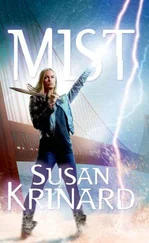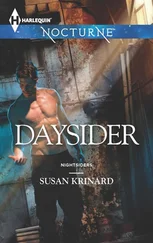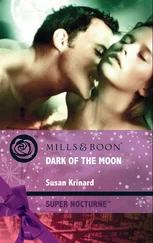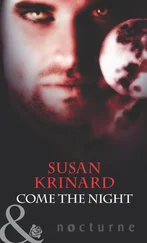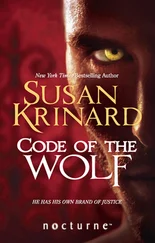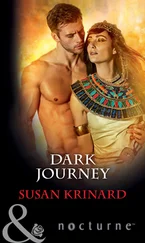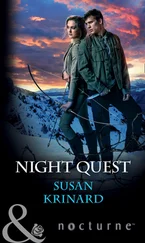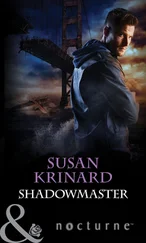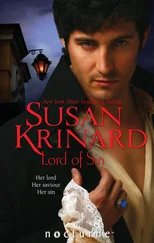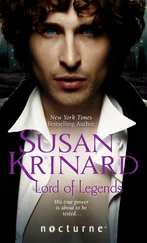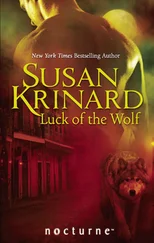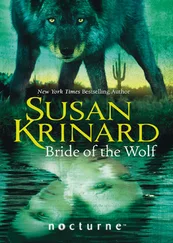The fox darted under his feet, nearly tripping him into a tumble down the fell. He righted himself quickly, his mild oath turning to laughter as the fox began to chase its own bushy tail, leaping and gamboling like a red-furred court jester.
“Tod!” Donal said, easing himself onto the grass. “Are you trying to do me in?”
The fox came to a sudden stop, cocked its clever pointed head, and jumped straight up into the air. It landed on two small feet and grinned at Donal from a face neither child nor man, nut-brown eyes dancing with merriment.
“My lord is home!” Tod said, dancing nimbly just above the ground, his tattered clothing fluttering about him. Even at full stretch, he reached no higher than Donal’s waist. Like all his kind, lesser Fane of wood and wildland, he was shaped to hide in the forgotten places men tended to ignore. And no human saw him unless he wished it.
Donal returned Tod’s grin to hide his sadness. “You would think I’d been gone a year,” he teased. “You couldn’t have missed me so very much, busy as you were at Hartsmere.”
Tod flung himself onto his back and gazed up at the twilit sky. “Tod always misses my lord,” he said, spreading his arms wide. “The mortal world is dreary and dull without him.”
Donal passed his hand through his hair and sighed. “What news of my parents?”
“They are well, but yearn for my lord’s company.” His mobile mouth twisted in a scowl. “The Black Widow was there.”
The “Black Widow” was Tod’s nickname for the woman with whom Donal had shared an intense and harrowing affair. She was indeed a widow … or had been, when Donal broke off the relationship.
“My brothers?” Donal asked, eager to change the subject.
“Both prosper. They, too, would call you back.” He hopped up, balancing on one bare foot. “Shall we return, my lord?”
Donal gazed down at the grass between his feet. “Not now, Tod. Perhaps not for some time.”
Tod leaned forward to peer into Donal’s face. “What troubles my lord?” he asked. “Did the Iron City do you ill?”
Donal shook his head. He acknowledged to himself that he was unprepared to admit the truth: that his trip to London, and his time with the animals in the Zoological Gardens, had finally convinced him that he had no place in a world ruled by humankind.
“I saw much cruelty in the city,” he said. “I did not return alone.”
“Tod met the new dogs,” Tod said eagerly. “They praise my lord with every breath.”
“Not only dogs, Tod. There is a girl … a child from the worst part of London. She’s come to stay in Yorkshire.”
Tod went very still. “A female?”
“A young girl. She’s seen much sorrow in her life, and I wish to give her a brighter future.”
Tod was silent for a long while, frowning up at the emerging stars. “She stays here?” he said at last.
“Only until I can find a suitable home for her.” He gave Tod a coaxing smile. “You’ll like her, Tod. She has spirit.”
The hob hunched his shoulders, his face hidden beneath his thick shock of auburn hair. “As my lord says.”
Donal got to his feet and held out his hand. “Walk with me,” he said. “Tell me all my mother’s gossip from Hartsmere.”
TOD PERCHED on the windowsill and watched the girl sleep. She did not look so terrible now, her small form smothered in blankets and her face relaxed against the pillow. But appearance could so easily deceive. No one knew that better than Tod himself.
Since Donal’s childhood he had been the boy’s closest friend and companion. Together they had wandered the ancient woods of Hartsmere, running with the red deer and conversing with the badgers in their setts. The Fane gifts Donal had inherited from his father had made him an expert healer … and kept him forever apart from those of his mother’s human blood.
But Tod had made certain he was never alone. Wherever Donal went, he followed … except when his master ventured into one of the cities of Iron, which few Fane could tolerate. Only once before had anything or anyone come between them, when the Black Widow caught Donal in her web.
Now there was another.
Tod closed his eyes, almost longing for the tears no true Fane could shed. For the first time in the many years he and Donal had lived at Stenwater Farm, Tod had been banished from the house during the evening meal. “Ivy wouldn’t know what to make of you,” Donal had said. “Perhaps you’ll meet her later, when she’s accustomed to her new life.”
But Tod had taken no comfort in his master’s promise. He had listened to their laughter as they sat at the table, sharing bread and cheese in the warmth of the kitchen. Ivy had gazed at Donal with such a look of gratitude and admiration in her eyes that made Tod’s skin prickle and his hair stand on end. Donal had smiled at her as if she had earned the right to his affection. And Tod had known then that if he were not very, very careful, she would take his place in this small, sheltered world he had learned to call “home.”
Tod glared at the girl, wondering what arcane powers she might possess. He was certain she did not know what she was, and neither did Donal. Perhaps it was his mortal blood that made him blind. Perhaps it was instinct that had drawn him to rescue her, though the gods knew how she had come to be living in the streets of the Iron City.
Whatever the nature of her past, the danger now was very real. Tod was no High Fane to place a curse upon her. All he could do was watch, and wait. And if she did not go to live with some local human family, he would find a way to drive her from Donal’s life.
THE LETTER ARRIVED at Edgecott the evening after Cordelia’s return. Half-dressed for dinner, she dismissed Biddle and sat down at her dressing table. With deliberate care she slit the envelope and removed the neatly folded paper.
When she had finished reading, Cordelia remained at the table and gazed unseeing in the mirror, oblivious to the passage of time until Biddle discreetly tapped on the door to remind her of the impending meal. She let the maid button her into her dress and work her hair into some semblance of order, but even Biddle noticed that her mind was elsewhere.
She and Theodora ate alone, as usual, while Sir Geoffrey dined in his rooms. After Theodora had retired, Cordelia changed into an old dress she reserved for work outdoors and walked across the drive, past the kennels and stables and over the hill to the menagerie.
The animals were often at their most active at dawn and dusk—restless, perhaps, with memories of hunting and being hunted. Othello, the black leopard, paced from one end of his large cage to the other, his meal of fresh mutton untouched. The two Barbary macaques pressed their faces to the bars and barked at Cordelia before scrambling up into the leafless trees that had been erected for their exercise and amusement. The Asian sun bear, Arjuna, lifted his head and snuffled as he awakened from his day’s sleep, but showed no inclination to rise. The North American wolves lay on their boulders and twitched their ears, golden eyes far too dull for such magnificent creatures.
Cordelia sat on the bench facing the pens and rested her chin in her hands. She had done everything Lord Pettigrew recommended when she had set up the menagerie upon her final return to England. The cages were generous and consisted of both interior and exterior shelters, and Cordelia had added tree trunks, branches and boulders collected from the surrounding countryside to lend interest to the enclosures. Each animal had a proper diet carefully prepared by a specially trained groundskeeper. The cages were kept scrupulously clean. The fearful conditions under which the beasts had once lived were a thing of the past.
Читать дальше

